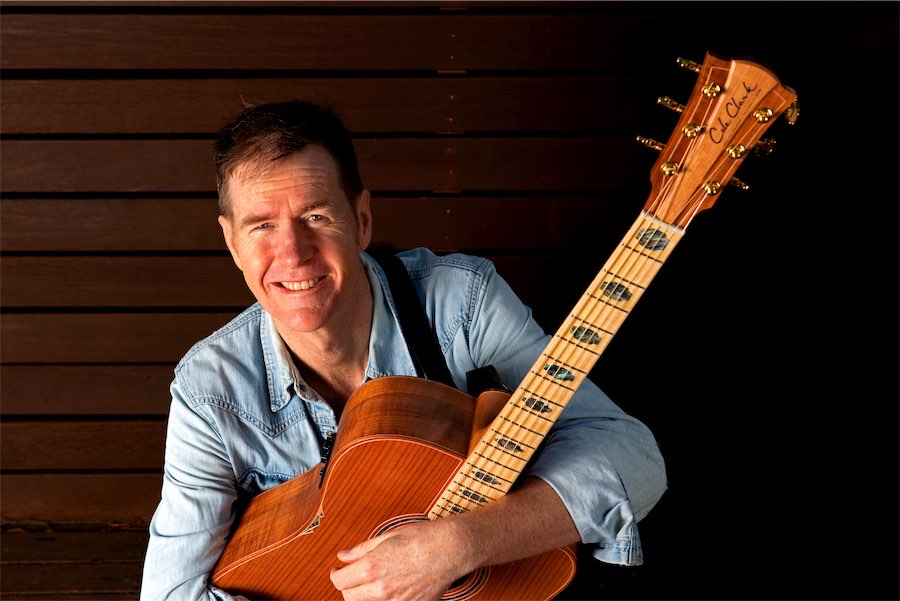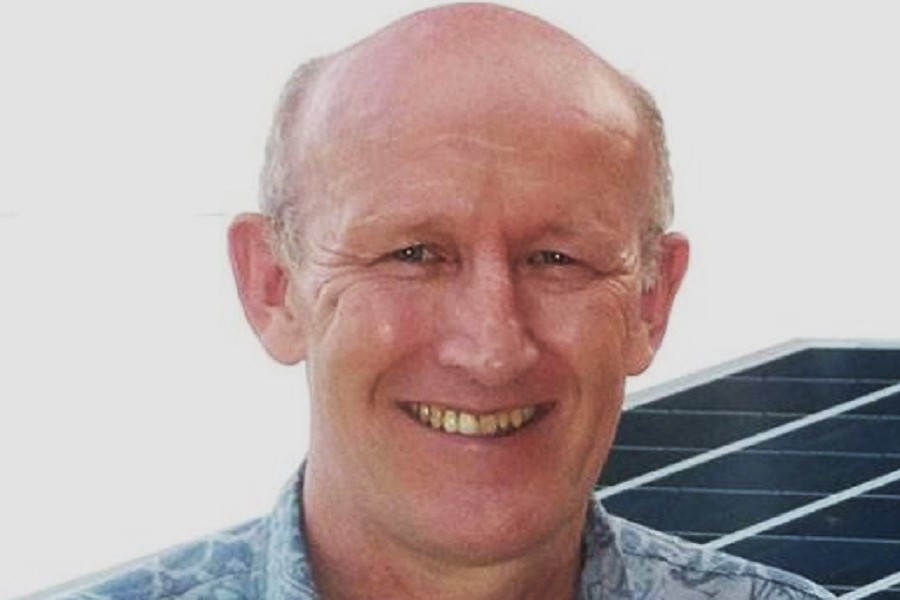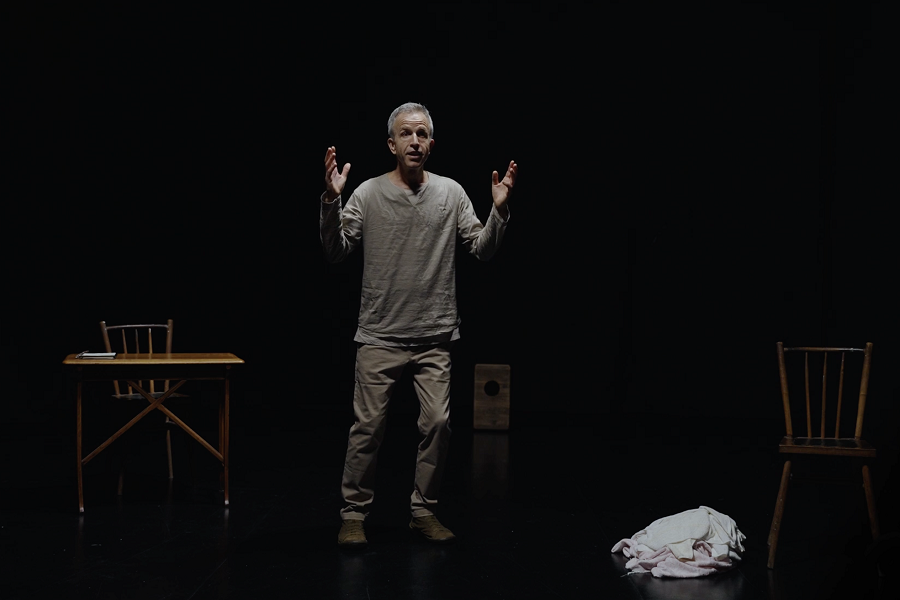
“IF you want to tell people the truth, make them laugh, otherwise they’ll kill you,” George Bernard Shaw once said.

That’s a principle 2023 “CityNews” Artist of the Year, Fred Smith, has adhered to throughout his adult life.
But it’s one thing to praise him for his performance skills, his cheeky lyrics and affability and quite another to pay close attention to his recent book, “The Sparrows of Kabul”.
It’s the same title as his music album, sharing the ongoing theme that “the sparrows of Kabul don’t give a shit”, no matter what happens in war-torn Afghanistan.
Smith, the first Australian diplomat to be sent to work alongside Australian troops in Uruzgan province and the last to leave, returned to Afghanistan in March 2021 to work at the embassy and ended up in August working on makeshift tables at Hamid Karzai International Airport processing evacuees.
He has written a compelling account of our withdrawal from Kabul in late 2021, partly, he says, having been struck with shame, saying: “Quilty [Ben Quilty, the war artist] has been out there, braving the Abbey Gate… the ‘Schindler’s List’ romance loses its glow when you live it”.
Smith should be a hero among his Department of Foreign Affairs and Trade colleagues, to whom he gives full credit for their part in the operation, for Australia’s part in the withdrawal has been widely reviled.
He puts a human face to both those fleeing violence and the hard-working officers charged with helping them on to the “freedom birds”.
He also gives us a good idea of the necessary bureaucracy, the frustrations involving family members who didn’t have the right papers and the sheer bravery of people such as the Aussie soldier who helped a little girl who was crying for her “muddhur,” (mother) walking her back out of the airport.
Powerfully influenced by his former DFAT officer father, who once told him: “If in doubt, tell the truth”, Smith gives a clear-eyed, unsentimental account of withdrawal, but loses none of the larrikin touch seen in his sell-out music performances.
His laconic spelling of “bugga”, the Aussie touches where he likens the makeshift “desk” at the airport to “a lemonade stall at a farmers’ market” or describes himself as “half tourist, half Simpson’s donkey”, all contribute to an easy read, despite the serious subject matter.
“I felt like Davy Crockett at the Alamo running out of ammunition – in my case, the phone battery-charger”, he says of one frustrating moment.
There are insights only a working diplomat could give – the sense of exhaustion, the long tradition of mutual “piss-taking” and banter between DFAT and Defence, the mysterious phenomenon of Tim Tam diplomacy. And who knew of the 31 flavours of Baskin Robbins ice cream at base after the duties were over?
He describes the different reactions of Afghans, some gracious, some furious; “too many people competing for finite resources with no agreed processes or protocols for managing that competition” and rebuts a former embassy security officer who told him, “the corruption ruined everything. It was 100 per cent”, saying: “I beg to differ on this apportionment.”
While he explains the challenges DFAT has faced in telling its own stories, to those who contend that 21st-century diplomacy can be done virtually from home capitals and that we should do away with expensive embassies, Smith has a modest retort – “I’m not so sure, eyes-on matters”, he writes.
All the while his wife Marianna and their daughter Olympia watch for news on TV in Canberra – “much of the time, mercifully, completely in the dark,” he says.
As for the role of music – Smith is, after all, famous for his 2011 CD “Dust of Uruzgan” – he says: “You’d think I’d listen to music all the time, but I don’t. It’s dangerous stuff. It induces a reverie that can diminish one’s alertness to context.”
But that didn’t stop him from having one last gig, a makeshift concert on an out-of-tune guitar with plastic ice cream buckets for percussion.
“I hope this book will go some way to help Australians understand why these people chose to leave Afghanistan, what they’ve left behind and what they went through to get out,” he says.
“’Monumental stuff up’ is unfair to the soldiers and public servants, who gave every fibre of their being to make the evacuation work. And work it did.
“In the last two weeks of August. We got 4100 people out, 3300 of whom have come to Australia.”
Fred Smith, “Sparrows of Kabul”, (Puncher and Wattmann).
Who can be trusted?
In a world of spin and confusion, there’s never been a more important time to support independent journalism in Canberra.
If you trust our work online and want to enforce the power of independent voices, I invite you to make a small contribution.
Every dollar of support is invested back into our journalism to help keep citynews.com.au strong and free.
Thank you,
Ian Meikle, editor




Leave a Reply